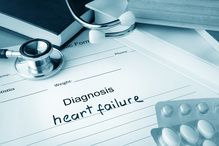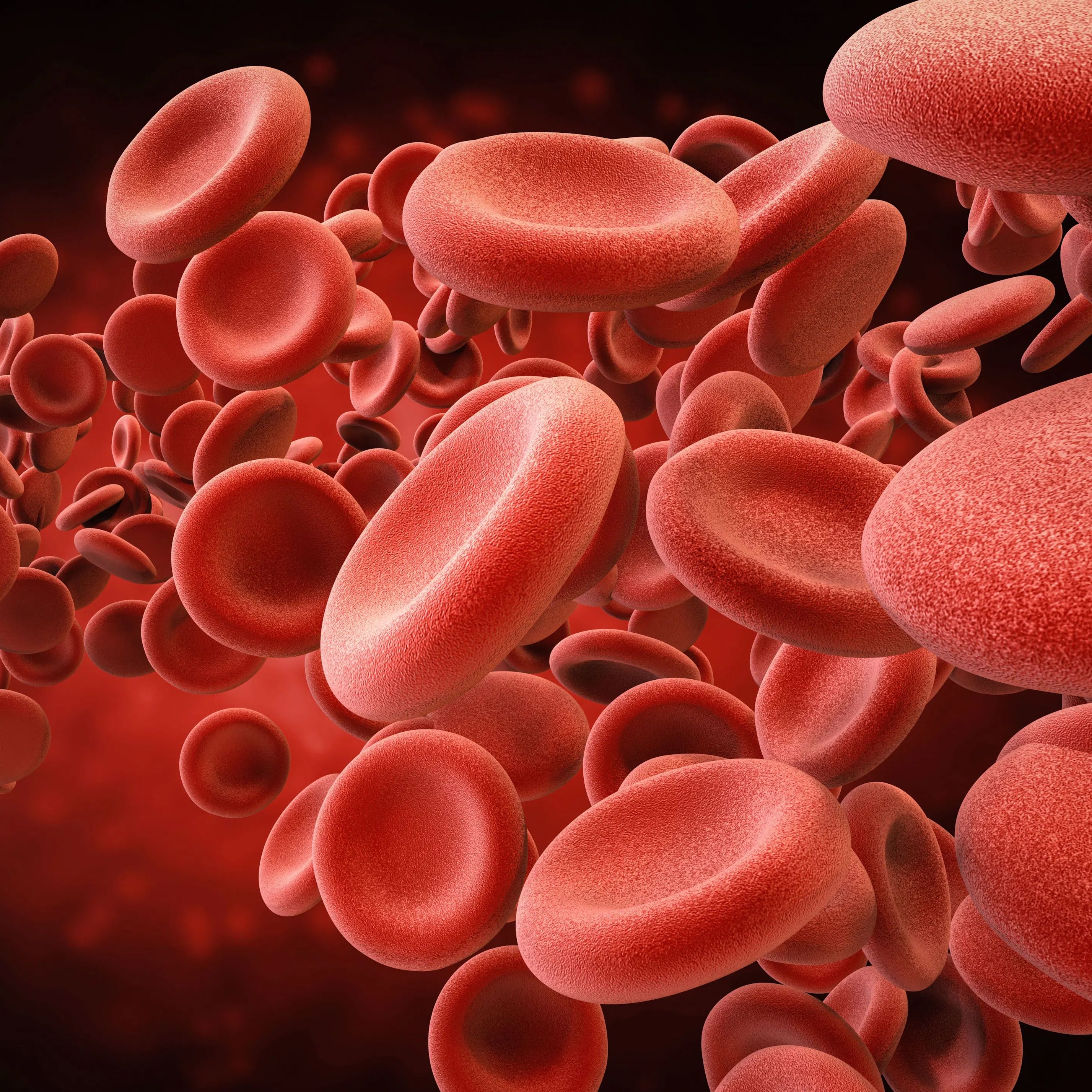Article
Survey Finds Most Know Little, Afraid to Ask About Heart Failure
Author(s):
Survey of 3000 found that more than half of all respondents wish they knew more about heart failure but just 1 in 5 were likely to speak with their doctor out of fear of diagnosis or cost.

A recent survey has found that, despite expected rises in heart failure (HF) diagnoses, most are unaware of the symptoms and more than half of respondents wish they knew more about HF.
The survey, which was conducted by Abbott, also found that just 1 in 5 said they were likely to speak to their doctor for fear of diagnosis and cost.
“I think this does call to action primary care providers, anybody who sees patients to just inquire. How are you doing? Are you breathing okay? Do you have any exercise intolerance or any other kind of symptoms that might parse out of a disease that can be lurking in the background and can be dangerous if left untreated,” said Philip Adamson, MD, divisional vice president and medical director at Abbott, in an interview with MD Magazine®.
Investigators conducted a survey of 3,000 US residents aged 18 or older to learn more about the perceptions and public attitudes toward HF between March 11 and March 22, 2019. Results of the surveys were weight through survey sampling and applied weights to represent nationwide census data on age and gender.
Of the 3000 respondents, 52% were female, 20% were between the age of 45 and 54 years, and 78% percent were white. The majority of respondents had some form of college education or had attended college at some point.
Additional monitoring was performed to ensure representation across other characteristics including ethnicity and income. Investigators noted that the results have a statistical accuracy of +/- 1.8% and all analyses were conducted at a 95% confidence level. Respondents were not informed that Abbott was the study’s sponsors.
Based upon survey results, investigators determined that despite most people being generally aware of HF, they do not have enough information to take action. One in every 10 respondents said they had or knew someone with HF.
Most of the respondents (65%) said they wish they knew more about HF but only 1 in 5 were likely to speak to their health care provider about it. Additionally, almost half of all respondents believed that only cardiologists have the ability to diagnose HF.
Investigators also noted that 20% of respondents could correctly identify the majority of HF symptoms and only 1 in 3 people knew what to do if they suspected they were experiencing a heart attack. Hispanic and African American respondents were more likely to correctly identify they were at an increased risk of HF compared to Caucasian communities.
Looking forward, 29% of respondents said they were likely to try to learn more about heart health and 35% were likely to take actions to improve heart health in the next 12 months. A little less than half (48%) of respondents were generally unlikely to learn about heart health. Investigators noted that these people tended to be younger and primarily white.
The survey comes on the heels of a research paper that was published in the Journal of the American College of Cardiology that HF deaths were on the rise, especially among adults between the ages of 35 and 64. The paper analyzed data from the Centers for Disease Control and Prevention’s Wide-Ranging Online Data for Epidemiologic Research database between 1999 and 2017.
Researchers found that, while rates of HF dropped between 1999 and 2012, they increased through 2017. Black men were at a 1.16-fold higher risk compared to white men in 1999 and that risk increased to 1.43-fold in 2017.





